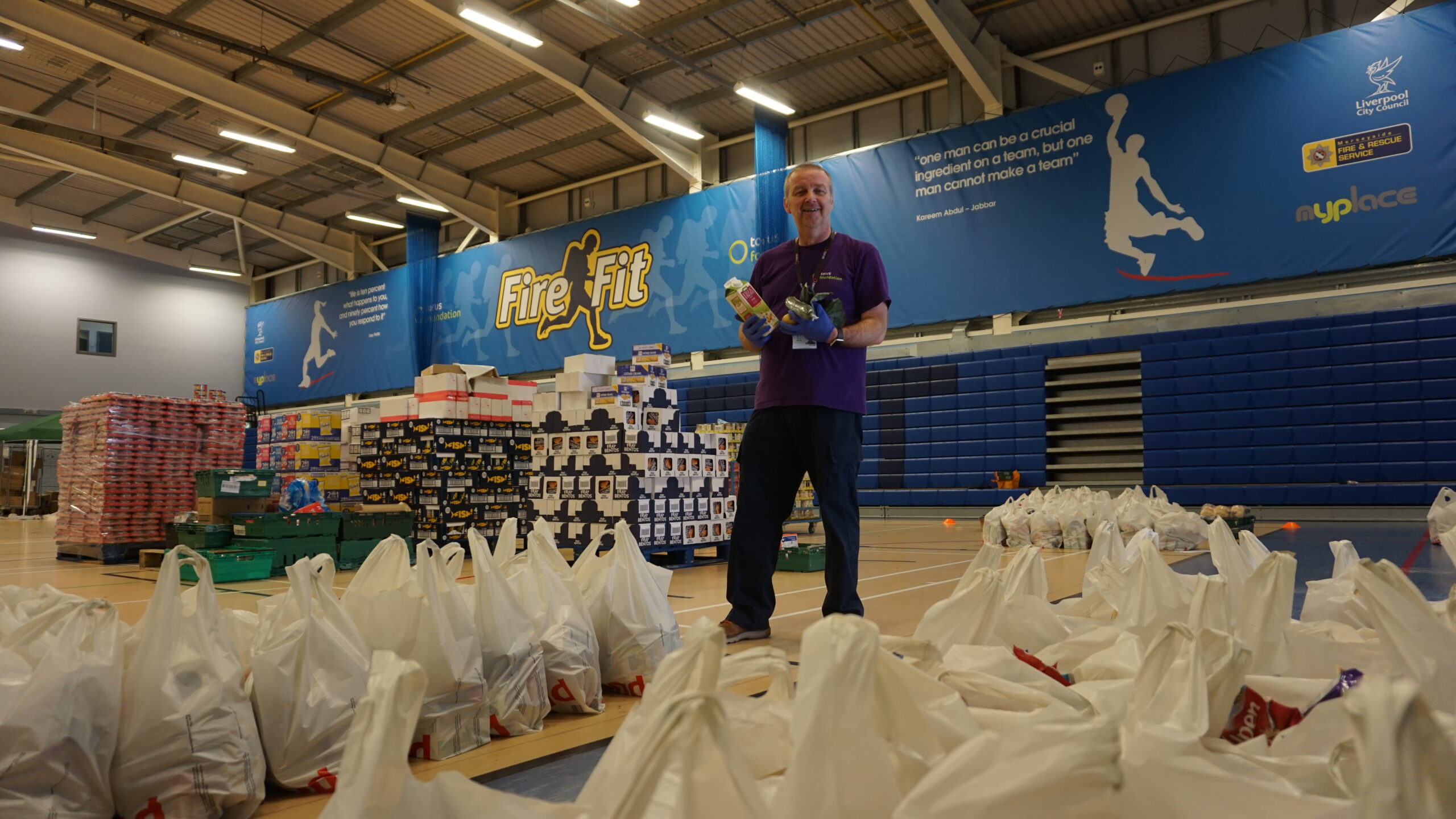Case Study:
How A Housing Association Is Tackling Food Insecurity
Over the last 18 months, growth and regeneration group, Torus, has been supporting vulnerable tenants and residents through its charitable arm, Torus Foundation, helping those who have been affected by food insecurity throughout COVID-19 and beyond.
Torus Foundation has always offered emergency food provision to their tenants, but like all providers, they saw an exponential increase in need throughout the COVID-19 pandemic and worked to identify and deliver weekly food parcels, offering tailored support for each tenant and resident. For example:
- Halal options for tenants following a halal diet
- Food items suited for diabetic restrictions
- New kitchen appliances for tenants that had no access to an oven or a microwave
- Tailoring food packages based on their amenities, whilst the financial inclusion team sourced new kitchen appliances
- Working with local authorities to support members of the wider community with urgent food parcels and funding to local foodbanks
- Providing shopping vouchers or additional food parcels to Torus families when needed during some of the school holidays.

The Domino effect – Leo’s story
Leo is a Torus tenant, who has an addiction and also has schizophrenia. He hadn’t worked for some time due to his mental health and budgeting on his benefits was proving difficult. A recent further complication in his health resulted in Leo spending a large proportion of his budget on taxis to the hospital. With no money for food, Leo hadn’t eaten for four days when he received an urgent food parcel.
This cycle is seen so often, starting with one triggering factor that then creates a domino effect impacting other aspects of a person’s life and resulting in food poverty.
Torus Foundation is supporting the roll out of a network of food pantries in South Liverpool alongside tackling the causes of food insecurity. Their approach could involve a number of their teams to provide holistic support to people experiencing food insecurity; including financial advice, support to get online, employment, skills and health and wellbeing.

A dedicated Food Security Team Leader at Torus Foundation works closely with colleagues in the wider foundation to tackle food security issues. In the first stages of their COVID-19 urgent food provision, the work was supported by a Steve Morgan Foundation fund, which they used to purchase supplies for food parcels.
The Foundation also received extensive support from FareShare, who waived membership fees for a significant number of months for all of their members and also donated additional pallets of food on a weekly basis, allowing the Foundation to provide fresh fruit and vegetables as part of the urgent food packages.
Once the initial fund ended, the Foundation continued to pay for the rest of the provision.Thankfully, the weekly Fareshare delivery allowed the team to provide fresh produce in the packages, which included continuing to provide fruit and vegetables.
“We have an important role to play within our Torus communities. Many tenants and residents see us as a first port of call, they trust us and when necessary we provide immediate crisis support and/or signpost to other support avenues available. If an organisation has the means to support vulnerable groups struggling with food insecurity, then it is vital that they provide both an instant solution to a temporary situation as well as a more sustainable and long term resolution to tackle chronic food poverty; ideally signposting individuals to the necessary support available to them in order to address the triggering factor/s.”
Liz Boyle, Food Security Team Leader, Torus Foundation


